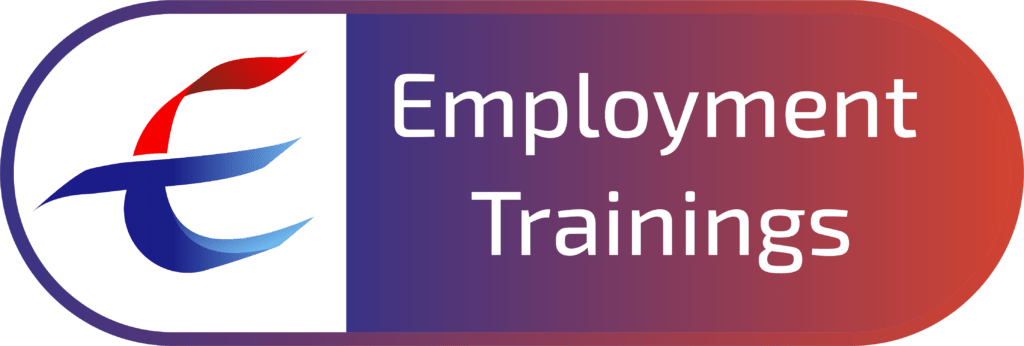PLANNING SKILLS

About Course
Planning skills are essential for individuals and organizations to achieve their goals and objectives in a timely, efficient, and effective manner. Effective planning involves identifying and securing the resources necessary to execute the plan, including personnel, funding, materials, and equipment. Successful planning requires the ability to prioritize tasks and allocate resources based on their relative importance and urgency. Planning skills develops the ability to identify and set clear, measurable goals and objectives that are aligned with an overall strategy or vision. Planning skills also involve the ability to be flexible and adaptable in response to unforeseen events or changing circumstances. Planning involves gathering information, analyzing options, and making informed decisions. This enhances decision-making skills and ensures that decisions are based on solid information and analysis.
Developing a plan is important to create the roadmap that outlines the steps, timelines, and resources required to achieve the desired outcome. Monitoring progress is critical to ensuring that the plan remains on track and that adjustments can be made as necessary. Planning helps you manage your time more effectively, ensuring that you have enough time to complete all of your tasks and meet your deadlines. Planning also helps you manage your resources, such as money, people, and materials, more effectively. Planning helps individuals and organizations to prioritize tasks and allocate resources effectively. This ensures that tasks are completed on time and to a high standard, which in turn increases productivity and reduces waste. Planning improves collaboration and ensures that everyone is working towards the same goals. Planning also helps you be more adaptable, as you can adjust your plans and strategies as needed to respond to changing circumstances or unexpected challenges.
Our planning skill training will help participants to develop and implement effective strategies to achieve specific goals or objectives. This will enable them to effectively manage their time, resources, and goals, while also being prepared for potential risks & challenge and maximizing opportunities.
